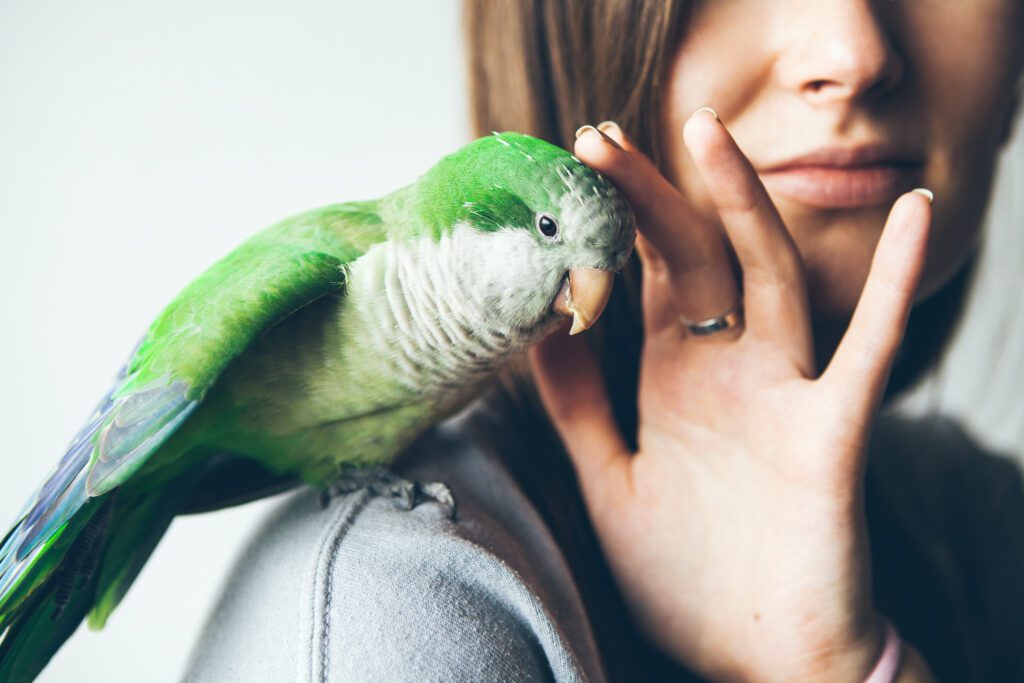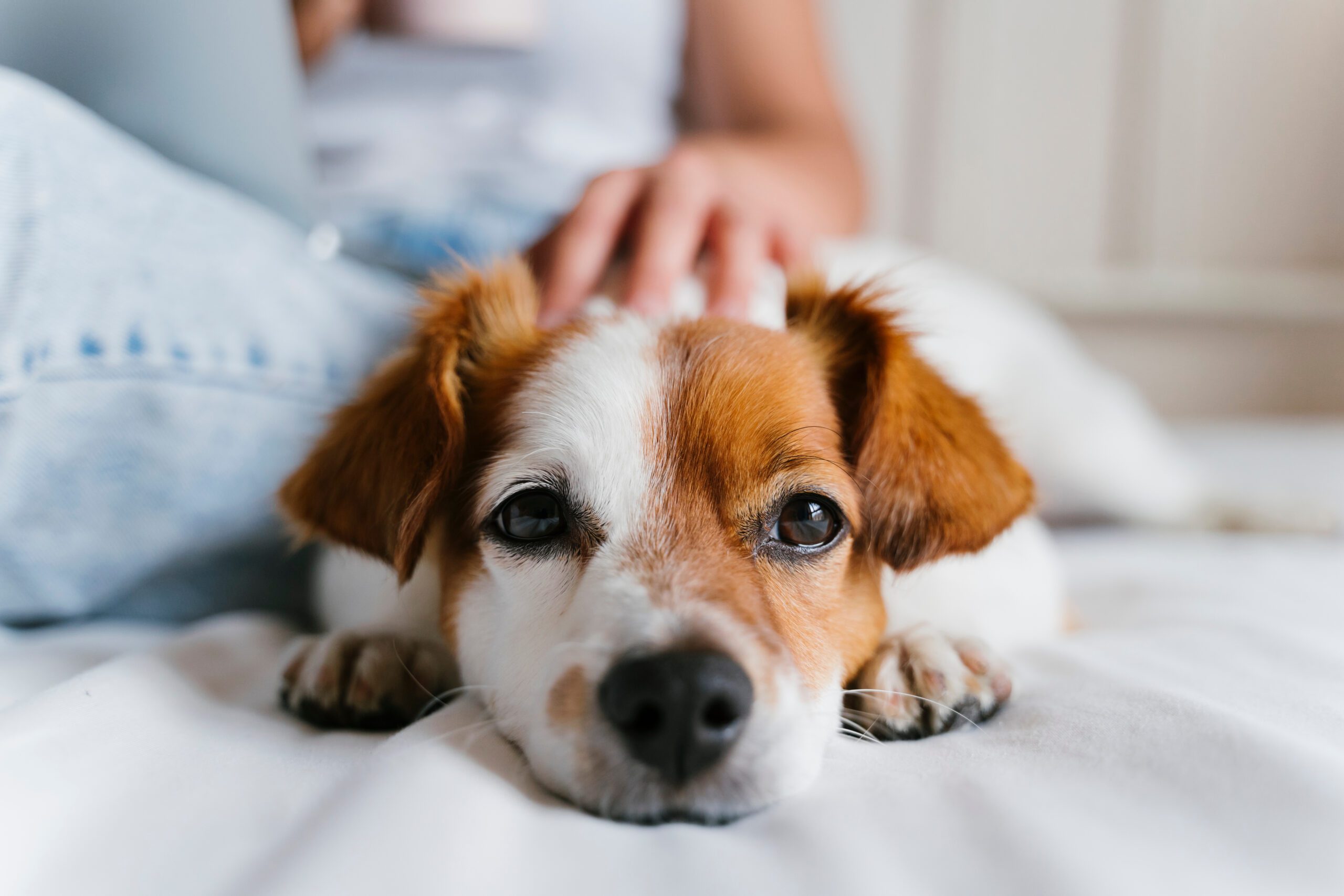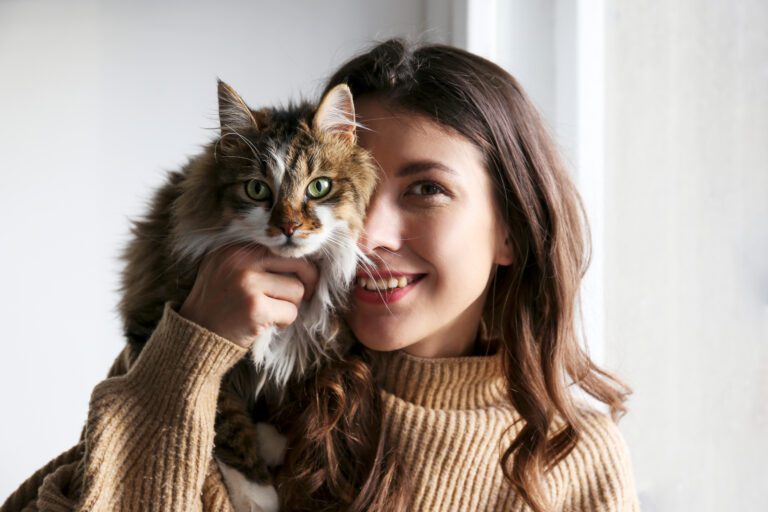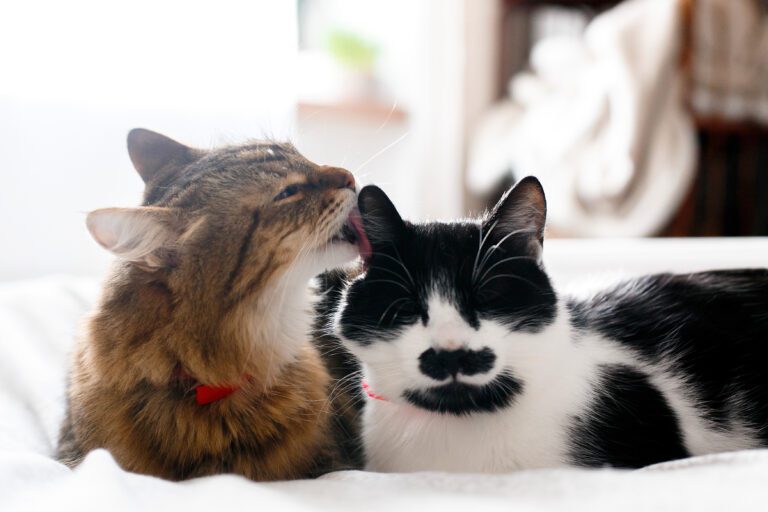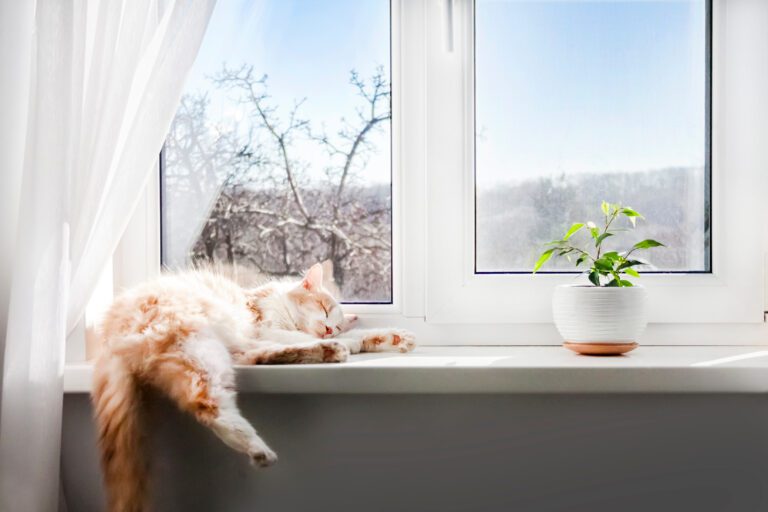As pet owners, we cherish our furry friends and strive to provide them with love, care, and a happy environment. But just like humans, animals can experience emotional distress, and it’s important for us to recognize the signs that our pet is feeling depressed. While it can be challenging to determine if your pet is feeling down, there are certain behaviors and changes you can look out for. In this blog, we will explore some common signs that may indicate your pet is experiencing depression and how you can help them regain their well-being.
It might also be smart to invest in pet insurance. Read about how you can get pet insurance here.
Changes in Appetite
- A sudden loss of interest in food or a significant decrease in appetite can be an indication of depression in pets.
- Keep an eye on your pet’s eating habits. If they consistently show disinterest in their favorite treats or meals, it might be worth exploring the underlying cause, such as emotional distress.
Lack of Interest in Activities
- Pets are known for their playful nature, so a sudden loss of enthusiasm for activities they once enjoyed is cause for concern.
- If your once-energetic dog no longer wags their tail at the sight of their favorite toy or your normally curious cat seems disinterested in exploring, it may be a sign of depression.
Social Withdrawal
- Pets, especially dogs, thrive on companionship and social interaction. If your pet starts to isolate themselves, avoiding interactions with family members or other animals, it may indicate that they are feeling down.
- Pay attention to any changes in their behavior, such as seeking solitude or retreating to hidden corners of the house.
Sleep Disturbances
- Excessive sleeping or insomnia can both be signs of depression in pets.
- While animals have different sleep patterns, noticeable changes in their sleeping habits can be an indicator of emotional distress.
- Keep an eye out for excessive lethargy or restlessness during their usual sleep times.
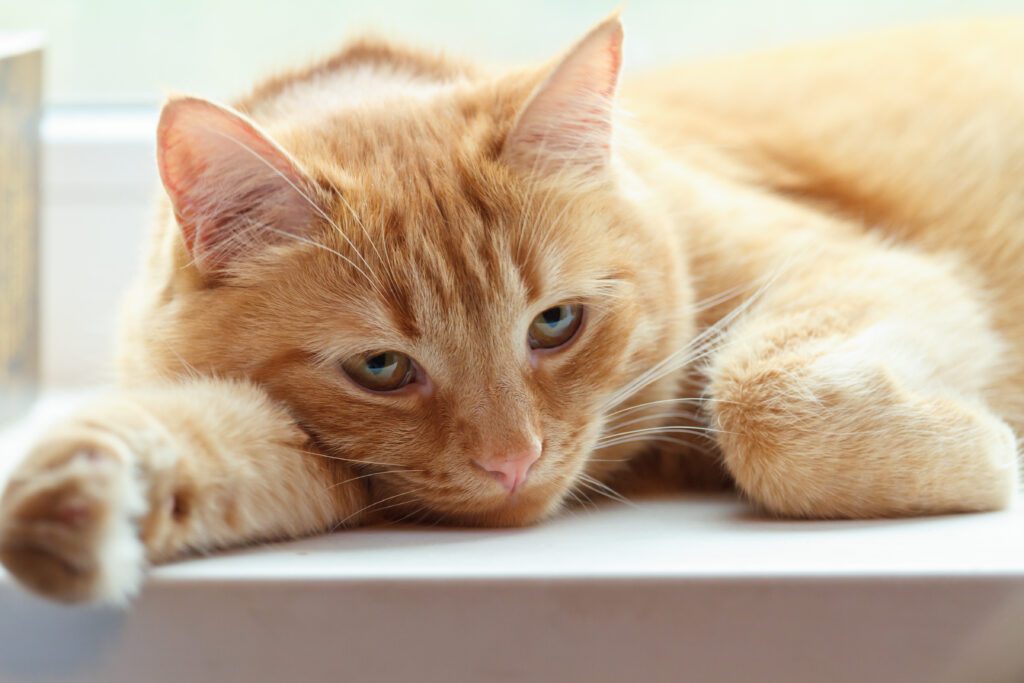
Changes in Grooming Habits
- Cats, in particular, are known for their meticulous grooming habits. If your cat stops grooming themselves or neglects their fur, it could indicate depression.
- Similarly, dogs may lose interest in their regular grooming routines, such as neglecting to clean their paws or refusing to be brushed.
Unusual Aggression or Irritability
- Depression in pets can manifest as uncharacteristic aggression or irritability.
- They may lash out at other pets or family members or become easily agitated over minor things.
- Keep an eye out for any signs of increased aggression or sudden mood swings, as they may indicate underlying emotional distress.
Health-Related Issues
- Depression can take a toll on your pet’s physical health as well.
- Look for changes in their weight, excessive shedding, or any other unexplained physical symptoms.
- It’s essential to rule out any potential underlying medical conditions and consult with your veterinarian to ensure your pet’s overall well-being.
Supporting Your Depressed Pet
If you suspect your pet is depressed, there are steps you can take to support them:
- Consult a Veterinarian: Schedule a visit to rule out any underlying medical issues that may be causing the symptoms. A veterinarian can provide a comprehensive evaluation and offer guidance on potential treatments or interventions.
- Maintain a Routine: Consistency is essential for pets experiencing depression. Stick to a regular feeding schedule, engage in activities they enjoy, and provide ample exercise to help regulate their mood.
- Offer Emotional Support: Spend quality time with your pet, engaging in activities that they find enjoyable. Provide them with plenty of affection, love, and reassurance. Be patient and understanding as they navigate their emotions.
- Environmental Enrichment: Create a stimulating environment for your pet by introducing new toys, puzzles, or interactive games. This can help distract
Check out PetSpot’s list of recommended pet insurance providers.
